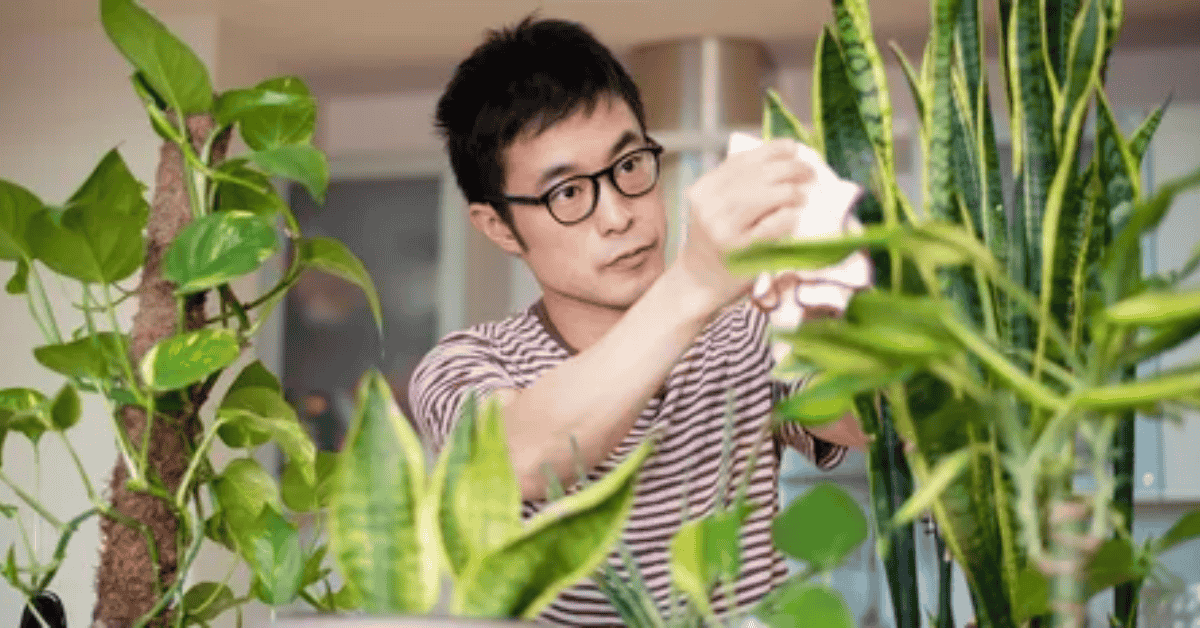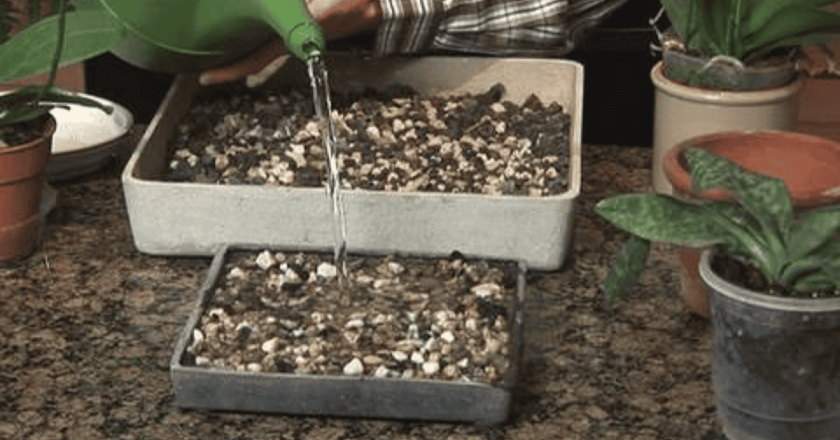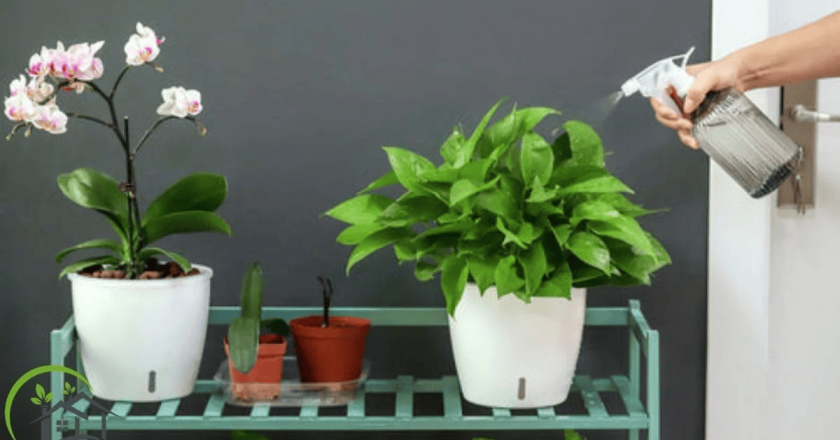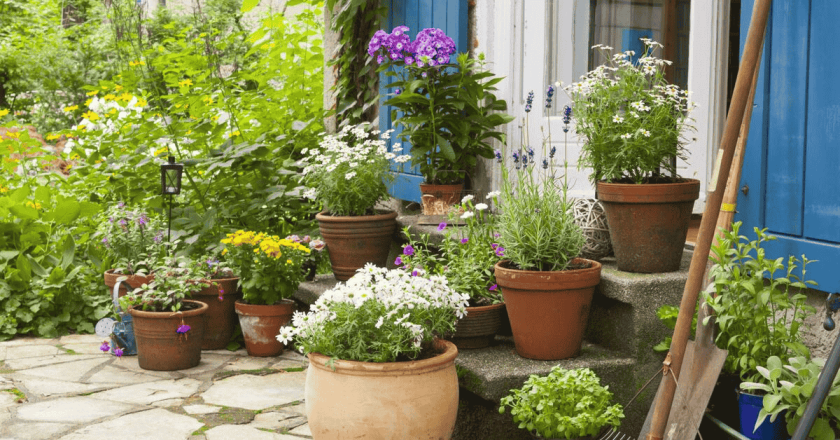It’s a question that makes people smile, maybe even laugh. Yet it lingers: should you Talk to Your Plants? Some swear by it, insisting their greenery flourishes with daily chit-chat. Others roll their eyes, dismissing the idea as nothing more than sentimental gardening folklore. But the real question isn’t just whether it works—it’s why it might.
And here’s where things get interesting. Science, it turns out, has been nibbling at this idea for decades. While it doesn’t suggest your ficus is secretly plotting a reply, research into plant communication and plant psychology does point toward fascinating connections.
The Origins of Talking to Plants
The practice isn’t new. Generations have believed in the benefits of talking to plants. Farmers, gardeners, and even poets have personified plants as listeners. The Victorian era, in particular, romanticised the idea that human voices could encourage growth.
It might have sounded mystical back then, but today, researchers frame the question differently: do plants respond to sound? Can sound vibrations and plants interact in a way that influences health or growth?
The Science Behind Talking to Plants
So, what’s the science behind talking to plants? Plants don’t have ears, of course. They don’t hear your words the way a pet does. But they do respond to vibrations. Studies have shown that specific frequencies—similar to those in human voices—can stimulate biological processes in plants.
A famous experiment by the Royal Horticultural Society once suggested that tomato plants exposed to human voices grew faster than those left in silence. More intriguingly, female voices appeared to have a slightly more substantial effect than male voices. That finding sparked curiosity, though it wasn’t conclusive.
What’s clearer is this: plant growth and sound are linked. Low-frequency vibrations can change how plants move nutrients, how water flows, even how certain genes switch on. In other words, while your words don’t matter, the way they’re spoken—the sound waves themselves—just might.
Myths About Talking to Plants
Before diving deeper, let’s acknowledge the myths. Some people imagine their plants secretly absorbing wisdom from bedtime stories. Others picture plants as emotional beings in need of human companionship. That’s not quite accurate.
Myths about talking to plants often oversell the idea. Plants don’t need conversation to survive. They’re not conscious listeners in the way humans or animals are. But, and this is important, dismissing the practice entirely misses the subtler truth: sound can influence plant behavior in measurable ways.
Plant Responses and Human-Plant Interaction
Here’s where it gets fascinating. Plants may not “hear” you, but they certainly respond to their environment. Light, touch, gravity—these all trigger plant responses. Why should sound be any different?
When you Talk to Your Plants, you’re not just creating sound waves. You’re also changing your behaviour—lingering a little longer, checking soil moisture, noticing a yellowing leaf. This is the hidden layer of human-plant interaction. Talking becomes a ritual of observation. You care more, and that care directly improves plant health.
Plant Growth Studies on Sound
Several plant growth studies have investigated the impact of music and sound on development. Some found classical music boosted germination rates, while harsh rock or mechanical noise slowed growth. The explanation often circles back to sound vibrations and plants—specific frequencies may encourage better nutrient flow or stress responses.
Even if the exact mechanism isn’t fully understood, the pattern is undeniable: sound matters. And since human voices fall into similar ranges as gentle music, Talk to Your Plants fits naturally into this picture.
Practical Benefits of Talking to Your Plants
If you need a practical reason, here it is: when you Talk to Your Plants, you inevitably provide better plant care tips. You look closely. You water more thoughtfully. You notice pests earlier.
Think of it as gardening mindfulness. Just like journaling helps you notice your own moods, talking to plants makes you aware of theirs. And awareness, more than anything, is the foundation of plant care science.
Examples from Common Plants
Not all plants react the same way.
-
Christmas Cactus – This beloved plant often responds to stable routines. Extra attention, including soft voices, may align with its blooming cycles (care guide here).
-
Money Tree – Symbolic of luck, this plant thrives on consistency. Many swear that caring rituals, even conversation, encourage growth (learn more here).
-
Snake Plant – Known as indestructible, it may not “need” your words, but talking can keep you engaged enough not to forget it altogether (care guide).
-
Peace Lily – Sensitive to overwatering, talking while you tend to it may make you more careful with hydration (see guide).
Even robust low-maintenance plants or oversized indoor plants benefit from the heightened attention rituals bring (check ideas here).
Gardening Tips That Go Beyond Conversation
While talking is intriguing, don’t let it distract from fundamentals:
-
Light: Ensure each plant gets the right amount for its species.
-
Water: Avoid extremes—most rot comes from overwatering.
-
Soil: Proper drainage prevents common issues like root rot.
-
Rotation: Move pots occasionally for even growth.
These gardening tips carry more measurable weight than sound alone. Still, if talking keeps you consistent, it’s an ally worth keeping.
The Psychological Side for Humans
Here’s a perspective we sometimes forget. Talking to plants doesn’t just influence them—it influences us. For some, it reduces stress, builds routine, or creates a sense of companionship. The act itself feels grounding.
So even if science debates whether plants “hear,” the practice undeniably helps humans. And a calmer, more attentive gardener almost always produces healthier plants.
When Talking Isn’t Enough
There’s one caveat: words can’t replace actual care. You can recite poetry to a parched fern, but without water, it won’t survive. Plant care science still rests on tangible needs—light, water, nutrients. Talking is a supplement, not a substitute.
🌿 Key Takeaways
-
Talk to Your Plants isn’t about conversation—they respond to sound vibrations and plants rather than words.
-
Studies suggest voices and music can influence plant growth and sound responses, boosting nutrient movement and stress tolerance.
-
Talking builds better habits; gardeners notice soil, leaves, and overall plant health more closely.
-
While myths exaggerate the concept of plants “listening,” the practice actually strengthens human-plant interaction and reduces stress for people.
-
The real benefits combine science and psychology: talking improves awareness, which leads to healthier plants and happier gardeners.
🌱 Final Thought
Should you Talk to Your Plants? The answer is yes—but not for the reasons you might expect. They won’t absorb your words like secrets, but they do respond to the science behind talking to plants: sound waves, vibration, and, most importantly, your increased attention. The simple act of speaking makes you a more mindful caregiver. And in the end, that blend of science, care, and human connection is what keeps both plants—and gardeners—thriving.
❓ FAQs
Q1. Do plants understand words when you talk to them?
No. Plants don’t process language, but they respond to sound vibrations, and plant research shows that growth can be influenced by frequency.
Q2. What are the benefits of talking to plants?
The benefits of talking to plants include healthier growth due to vibration, improved observation by the gardener, and reduced stress for humans.
Q3. Can sound really improve plant health?
Yes. Plant growth studies indicate that specific frequencies can enhance nutrient circulation and increase resilience against stress.
Q4. Is talking to plants a myth or science?
It’s partly myth and partly science. Plants don’t “listen,” but the science behind talking to plants confirms sound has measurable effects.
Q5. Which plants respond best?
Houseplants like the Peace Lily, Money Tree, and Snake Plant often exhibit noticeable changes when paired with regular care routines.




